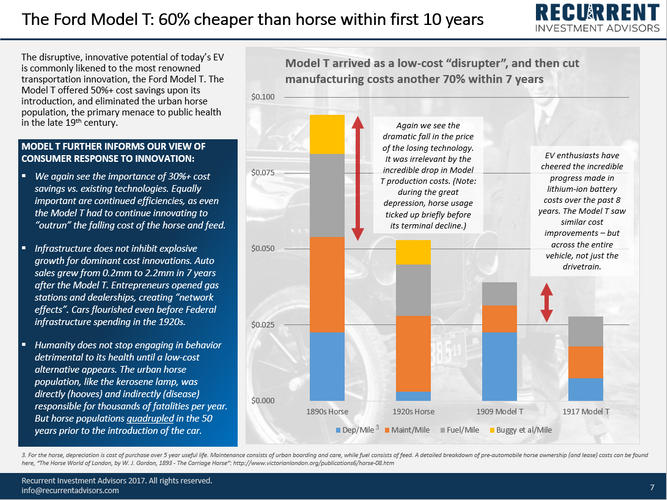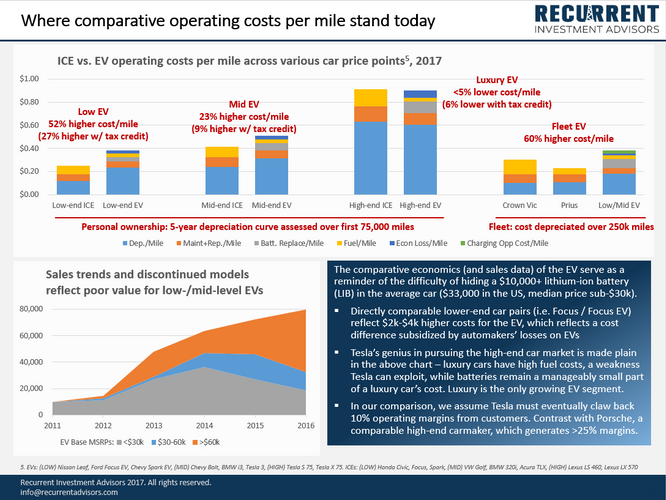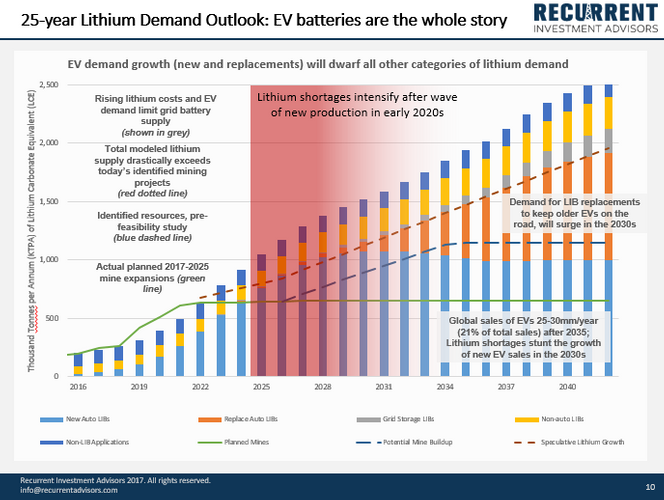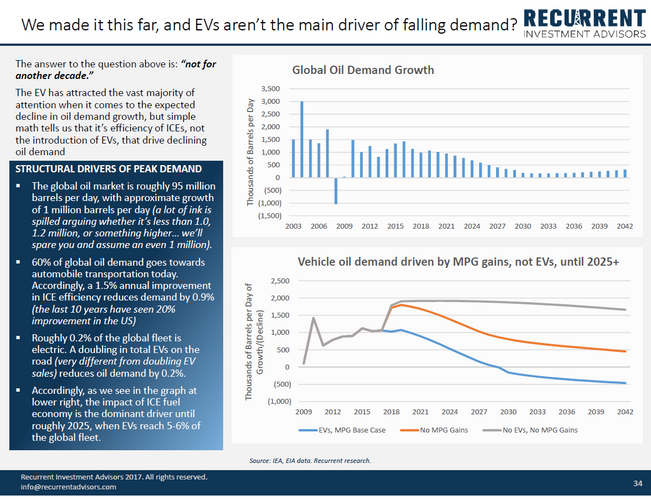From Gasoline to the Grid - how electric vehicles will change how we consume energy
Electric vehicles (EVs) could drive the largest shift in energy demand since the internal combustion engine (ICE).
Existing research has either echoed Silicon Valley hype and minimized the practical challenges of such a dramatic societal shift, or dismissed the EV as a fad for the wealthy. Scalability and economics are rarely invoked, in either optimistic or pessimistic accounts of the EV's future.
We seek to add some much-needed economic realism to the discussion:
- Measuring EVs by the standard of past disruptive innovations. We seek to better understand "what it takes" to shift society away from existing technologies, and how long those shifts require to take place. Much has been said about the potential of the EV, catalyzed by the spread of ridesharing. Again, history is our standard: we review the EV and its ability to drive costs lower, in comparison to history's "disruptive" innovations.
- The world's capacity to ramp EV production. If we take seriously the ability of the EV to take market share from the ICE, we need to evaluate the capacity for ramping EV production from <1% of new cars to >20% within a matter of only a few decades. Production challenges will be significant as increasing efficiencies blunt but do not contain the EV's significant mineral requirements.
- The impact on energy consumption from 20% EV share. Assuming that the issues raise in section 3 are not fatal, a significant portion of human energy consumption moves from oil - mature, efficient, and global - towards power - a much more fragmented, regional commodity . All of this is supported by electric storage, dependent on a variety of scarce materials.
We hope you enjoy reading our report, and welcome all feedback at info@recurrentadvisors.com.
Best,
Brad and Mark




